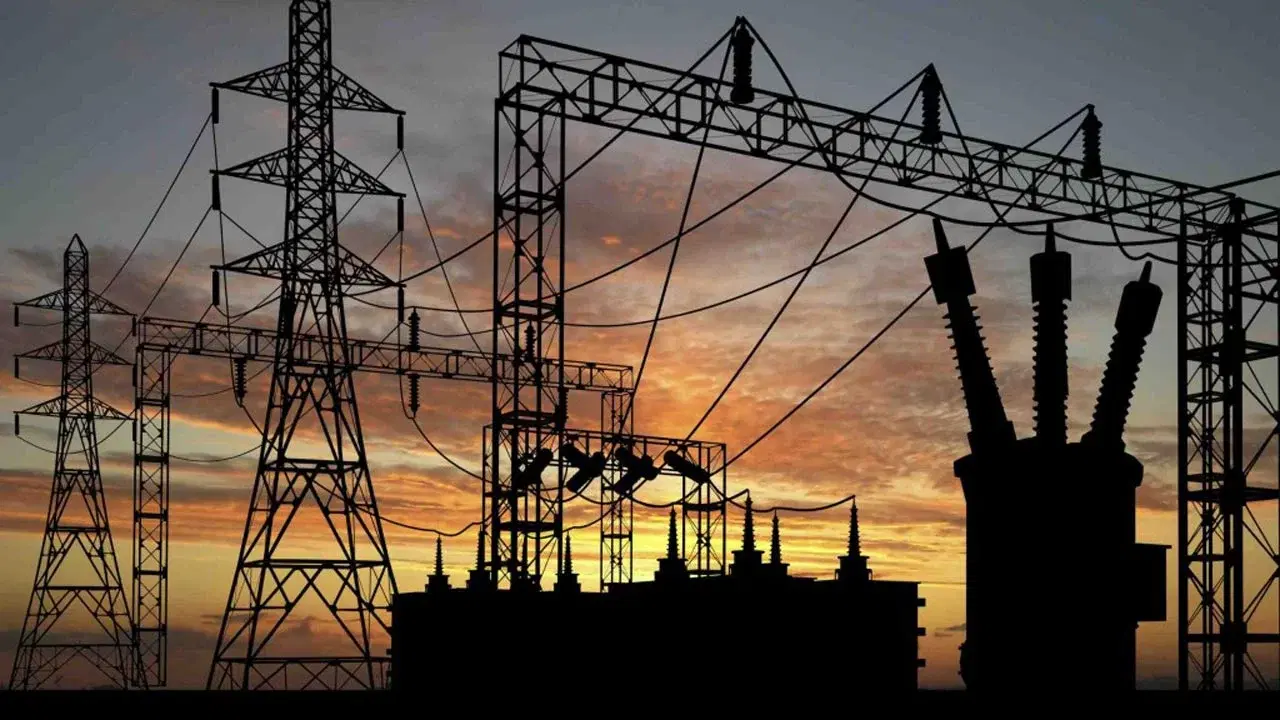The Transmission Company of Nigeria (TCN) reported that the national grid experienced a temporary disturbance at approximately 8:15 a.m. on Saturday, resulting in widespread power outages across the country.
CAUSE OF THE DISTURBANCE
According to TCN, the issue arose when a bus section of a current transformer exploded at the 330kV Jebba Transmission Substation. In response, the protection system was activated to prevent a fire and further damage to nearby equipment by opening the busbars.
“Our engineers at Jebba have successfully carried out switchings, isolating the faulty current transformer,” TCN stated. “They have also reconfigured the busbar arrangement, restoring power supply to the station and other parts of the grid.”
As of noon on Saturday, power supply had recovered to 496.20 MW, although the grid had dropped significantly from a supply of 3,041.72 MW at 8 a.m. to only 47 MW by 9 a.m., with only the Azura-Edo Independent Power Plant remaining connected to the grid.
RECENT GRID COLLAPSES
This latest disturbance marks the third collapse of the national grid in the past week and the eighth collapse this year. Earlier reports indicated that the grid had peaked at 4,807.2 MW on Friday, with a low of 4,011.27 MW.
A recent analysis by Vanguard revealed that as of 10:16 a.m., seven of the country’s eleven electricity distribution companies had zero load allocation. Only four DisCos—Benin (70 MW), Ibadan (60 MW), Ikeja (30 MW), and Eko (20 MW)—were receiving minimal supply.
VANDALISM IMPACTING SUPPLY
TCN had previously announced the vandalization of two towers along the 330kV Shiroro–Kaduna transmission lines, which had also contributed to the grid’s instability. Reports from the Shiroro Regional Office indicated that the first transmission line tripped, followed closely by the second. In response to this situation, local vigilantes have been mobilized to patrol the lines to enhance security.
GOVERNMENT RESPONSE
The recent string of grid collapses has drawn significant concern from both the government and citizens, prompting calls for a comprehensive review of the current electricity supply infrastructure and measures to ensure stability and reliability in power distribution across Nigeria.

